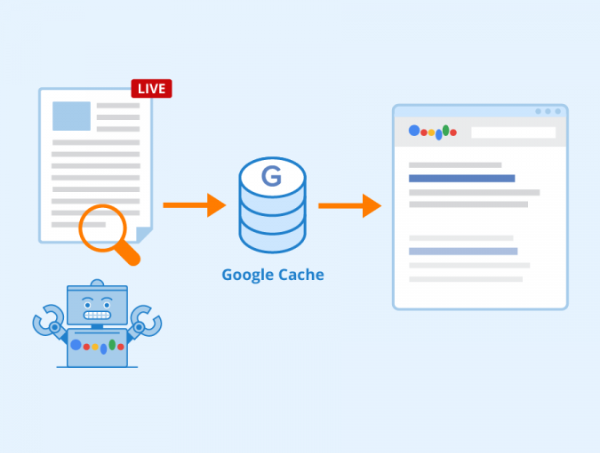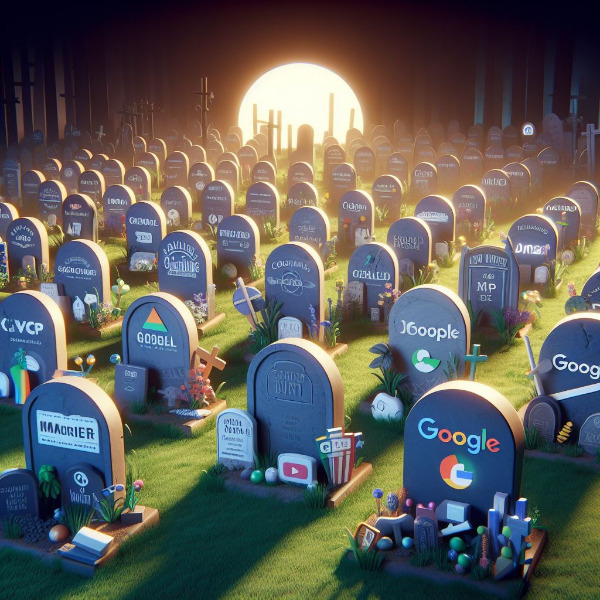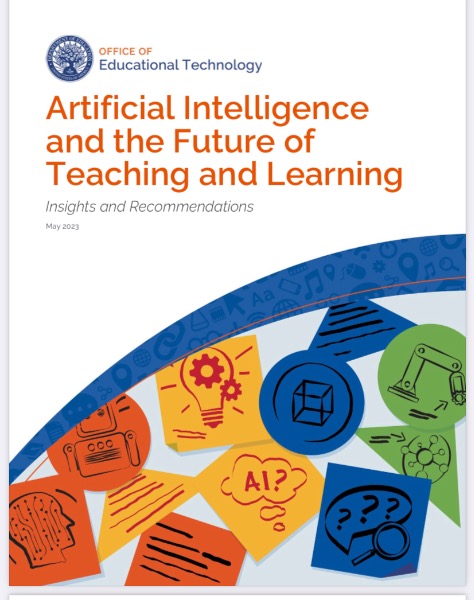Terms of Service
 Terms of service. That information you tend to avoid reading. Good example: Google's newly updated terms of service, which I found out about in an email last week. I decided to read them.
Terms of service. That information you tend to avoid reading. Good example: Google's newly updated terms of service, which I found out about in an email last week. I decided to read them.
Their updated terms opens with "We know it’s tempting to skip these Terms of Service, but it’s important to establish what you can expect from us as you use Google services, and what we expect from you. These Terms of Service reflect the way Google’s business works, the laws that apply to our company, and certain things we’ve always believed to be true. As a result, these Terms of Service help define Google’s relationship with you as you interact with our services."
Here are a few items I noted:
Some things considered to be abuse on the part of users includes accessing or using Google services or content in fraudulent or deceptive ways, such as:
phishing
creating fake accounts or content, including fake reviews
misleading others into thinking that generative AI content was created by a human
providing services that appear to originate from you (or someone else) when they actually originate from us
providing services that appear to originate from us when they do not
using our services (including the content they provide) to violate anyone’s legal rights, such as intellectual property or privacy rights
reverse engineering our services or underlying technology, such as our machine learning models, to extract trade secrets or other proprietary information, except as allowed by applicable law
using automated means to access content from any of our services in violation of the machine-readable instructions on our web pages (for example, robots.txt files that disallow crawling, training, or other activities)
hiding or misrepresenting who you are in order to violate these terms
providing services that encourage others to violate these terms
Take that second item I highlighted about misleading others into thinking that generative AI content was created by a human, Does that mean that if I use their generative AI or some other provider's AI to help write a blog post that I put here with my name that I am violating their terms of service?
Though I would say that Google's Terms of Service is written in plain langauage that most readers should be able to understand, the implications of some of the terms are much harder to interpret.
NOTE: The Google Terms of Service (United States version) that I reference are effective May 22, 2024.
View Archived versions and Download a PDF


 The
The